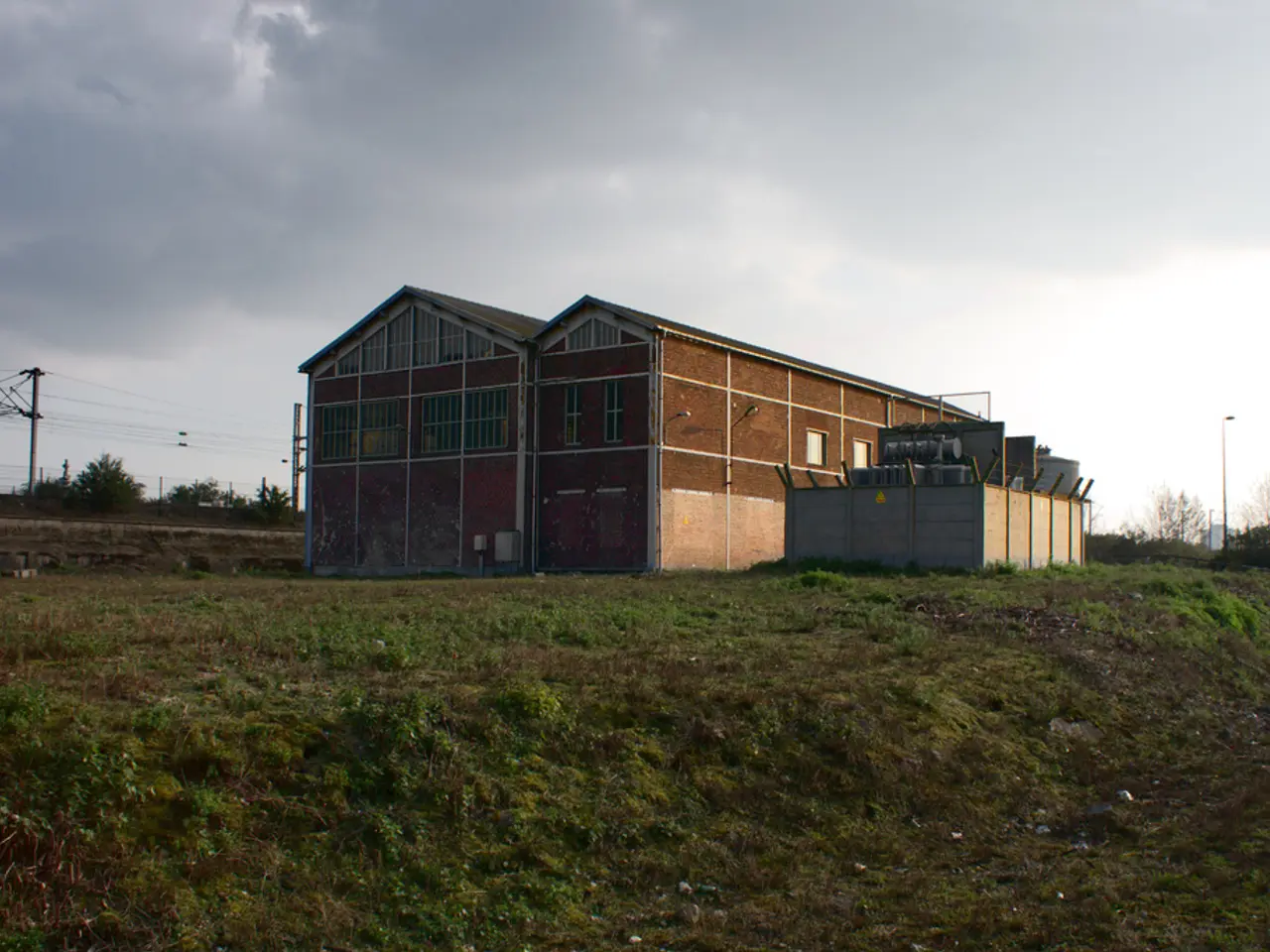Affordable Electricity for Heating at Night: Is the Cost Savings Really Worthwhile?
In the past, nighttime electricity tariffs were a popular choice for households, offering a cheaper alternative to daytime electricity, especially for heating costs. However, in recent years, customers have had to endure significant price increases, making nighttime electricity more expensive than it once was.
Night storage heaters, which charge at night and release stored heat during the day, were once subsidized to shift a portion of electricity consumption to nighttime. These heaters, though, are no longer a long-term solution. According to the second amendment of the Energy Saving Ordinance, night storage heaters may only be used until the end of 2019. After this year, they must be replaced with a more efficient heater.
Local electricity suppliers are the only ones that offer nighttime electricity tariffs. Not all electricity providers differentiate between daytime and nighttime electricity. A separate meter is required for nighttime electricity tariffs to record and bill daytime and nighttime consumption. Customers with a nighttime electricity tariff should be aware that a monthly basic fee or meter charge is usually higher than for a single meter.
The cost of a kilowatt-hour of nighttime electricity was around three to four cents in the 90s, but today it's eleven to seventeen cents. This rise in prices has made heating with night storage heaters expensive and inefficient. Customers with a nighttime electricity tariff may find it beneficial to switch to a pure peak time tariff, depending on the costs.
To determine the profitability of the current tariff, customers can use an electricity tariff calculator. A pure peak time tariff could potentially be cheaper than an HT/NT tariff, as it charges a higher rate during peak hours and a lower rate during off-peak hours. However, customers should not assume that their current tariff is the cheapest option without comparing it to other tariffs.
It's important to note that the time when electricity becomes cheaper varies depending on the energy supplier. In 2008, the federal government sealed the fate of electric heaters due to their climate-damaging nature. This regulation does not affect individual homeowners, only owners of buildings with more than five households.
In conclusion, while nighttime electricity tariffs and night storage heaters were once a cost-effective solution for heating, the rising prices and impending regulations make them less attractive. Customers should consider their options and use an electricity tariff calculator to determine the best solution for their needs.
Read also:
- Peptide YY (PYY): Exploring its Role in Appetite Suppression, Intestinal Health, and Cognitive Links
- Toddler Health: Rotavirus Signs, Origins, and Potential Complications
- Digestive issues and heart discomfort: Root causes and associated health conditions
- House Infernos: Deadly Hazards Surpassing the Flames








